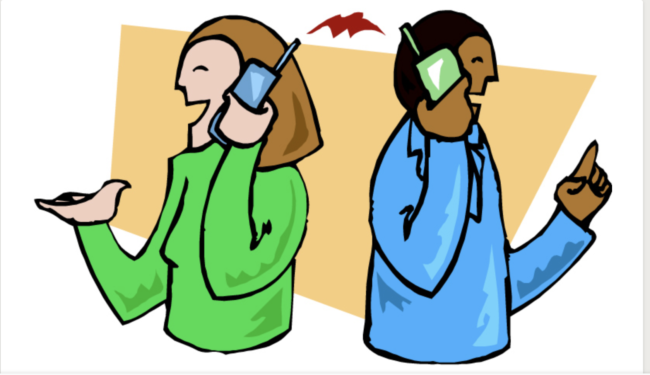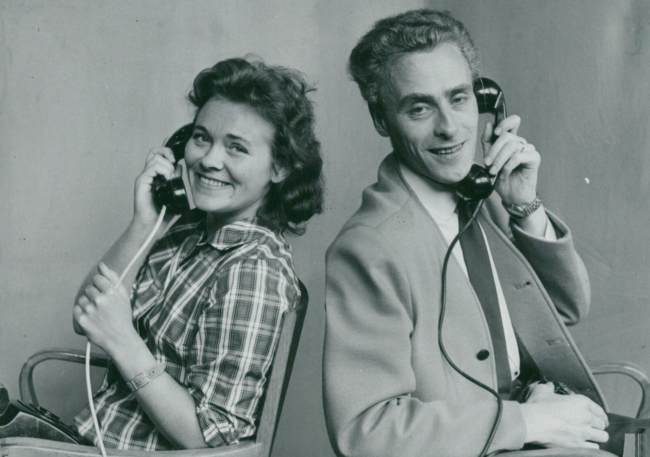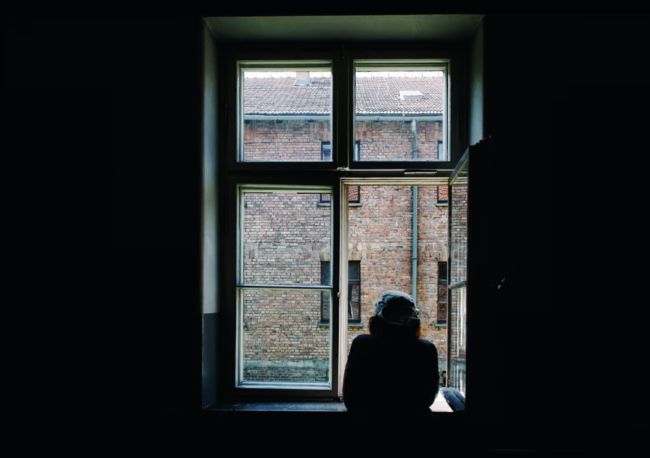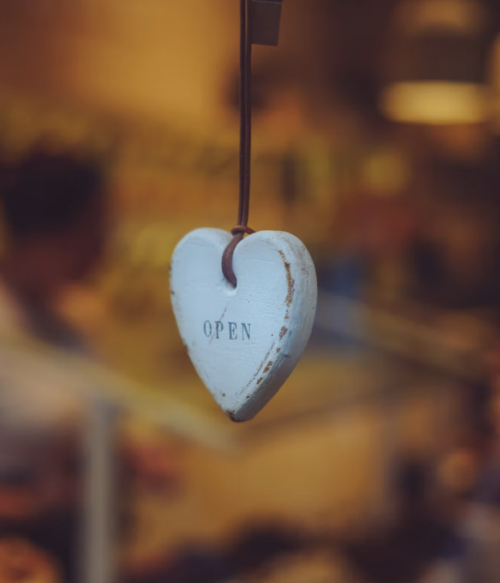GUEST POST by MICHAEL STEINMAN
A self-confessed dinosaur, I have always liked telephone conversations, especially the old-fashioned kind: two friends, one (me) on a landline, perhaps drinking tea, leisurely describing events but more endearingly, feelings.
The telephone handset made possible the kinds of intimacy one might be shy of having face-to-face: it was the emotional equivalent of the conversations we might have on an airplane with our stranger-turned-intimate-seatmate, knowing that what was said in the dark was true, private, and precious.
When the pandemic began – I trace it to the second half of March 2020 – I cowered (no more polite word will do) in my apartment. I did not drive my car for ten months and ventured out-of-doors fearfully. People I knew had gotten sick and died; others were, terrifyingly, in hospitals. Who knew that a stranger’s sneeze would not be fatal? People made wide loops of avoidance encountering each other on the sidewalk, and a trip to the supermarket one block away felt dangerous. So, I observed the world through my window.
Speaking to friends face to face was no longer something I had the courage to do. We used the telephone, which felt safe. We spoke of uncertainty, death, loneliness, isolation, fear. And we laughed at each others’ foibles, shared joys – a new delicacy that we’d found to eat from Fresh Direct, a new recipe, a new joke from YouTube, a new CD bought on eBay.
Those phone friendships developed into weekly conversation-dates. Men and women, my age and younger, here, and distant. I knew X would call me every morning; Y, every second Friday. In the parlance of the now-historical television quiz show, these were lifelines. Someone cared and wanted to hear that I cared also.
 I realize that it sounds at best perverse to be nostalgic for our generation’s version of the plague, but deep connections were made and continued. And I feel the irony: before the pandemic, the smartphone often killed conversation because eye contact was for people who didn’t have theirs properly charged.
I realize that it sounds at best perverse to be nostalgic for our generation’s version of the plague, but deep connections were made and continued. And I feel the irony: before the pandemic, the smartphone often killed conversation because eye contact was for people who didn’t have theirs properly charged.
Now, I’ve been in restaurants with my wife (someone blessedly encountered after the pandemic); we’ve taken trips outside the US; we have had our shots and boosters; we can take our masks off in the right circumstances. But the phone lines seem to have been cut for so many people.
I delight in the feeling of being free to move about the cabin; I drive my car; I stand outdoors and talk to my neighbors. Hugs are given and received without a thought. But I can’t help wondering where my dear pandemic-friends went to.
X, who told me about her new boyfriend’s three children from a previous marriage; Y, with whom I shared recipes; Z, who talked of his serious anxieties. Silence from X and Z; Y, when encountered recently in a musical endeavor, acted as if no intimacies had happened.
And it leads to self-doubt: was I the person you talked to simply because other interchanges were impossible? Have my phone-friends moved on to someone more thrilling?
Could it be that by surviving Covid-19, we lost a part of our humanity – the bonds formed because we felt that death was everywhere? The phone still rings: the reprieve is thrilling. But the silences are deeper than explanation and I think irreversible.
 Michael Steinman is a writer and retired English professor, who thinks his real work is his jazz blog (JAZZ LIVES), where, through videos of live performances worldwide, he “sends out love in a swinging 4/4.”
Michael Steinman is a writer and retired English professor, who thinks his real work is his jazz blog (JAZZ LIVES), where, through videos of live performances worldwide, he “sends out love in a swinging 4/4.”



